Topic: Global Engagement
Featured
Ping-Pong Diplomacy: NGOs and International Relations
When a friendly interaction unexpectedly emerged between American and Chinese table tennis players, one nonprofit seized the opportunity to support broader cultural diplomacy.
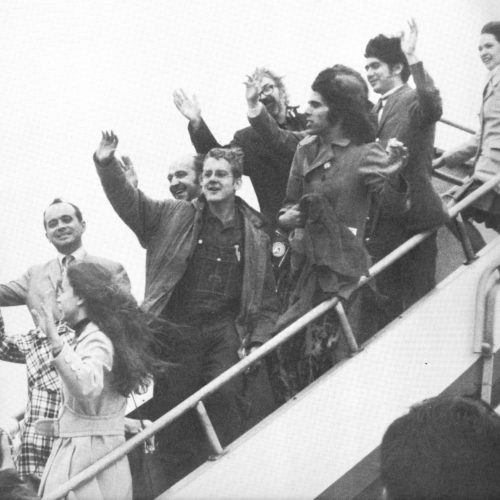
“Distasteful Regimes”: Authoritarianism, the Ford Foundation, and Social Sciences in Brazil
When the restrictive military regime that had taken power in Brazil in 1964 became even more repressive by 1969, staffers at the Ford Foundation found themselves facing a conundrum.
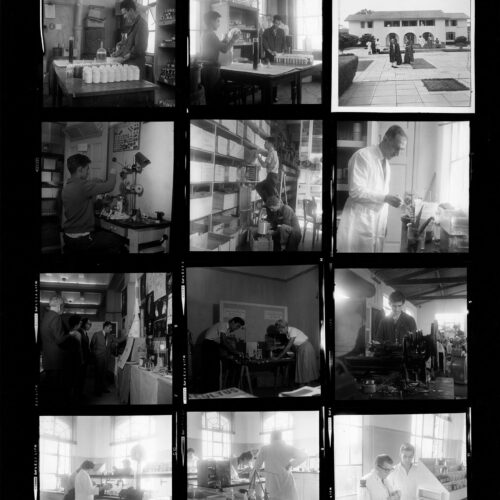
The Rockefeller Foundation’s Role in Creating the Atomic Bomb
In the aftermath, Foundation staff struggled to rectify their organization’s involvement with this weapon of mass destruction.
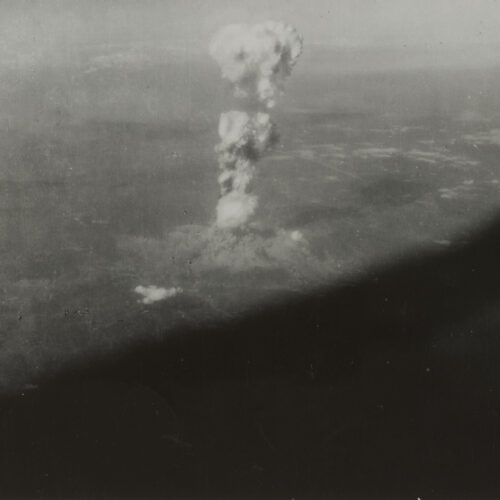

The Rockefeller Foundation’s Mexican Agriculture Program, 1943-1965
The Rockefeller Foundation’s first intensive agriculture endeavor is now credited with launching the global transformation known as the “Green Revolution.”

For Small Farmers and Food Security: The International Agricultural Development Service
In the 1980s, critics argued that some groups had been left behind by the Green Revolution.
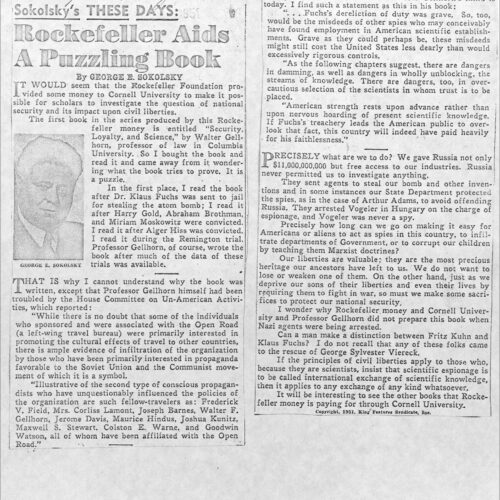
The Rockefeller Foundation and Civil Liberties During the Early Cold War
A foundation-supported publication challenged McCarthyism and caused a controversy.

Rebuilding Asia and Europe: the Rockefeller Foundation’s Role in Post-World-War II Reconstruction
Foundation policy toward reconstruction was shaped by uncertainty over Europe’s — and in particular Germany’s — future

The Rockefeller Foundation’s Role in Creating the Atomic Bomb
In the aftermath, Foundation staff struggled to rectify their organization’s involvement with this weapon of mass destruction.
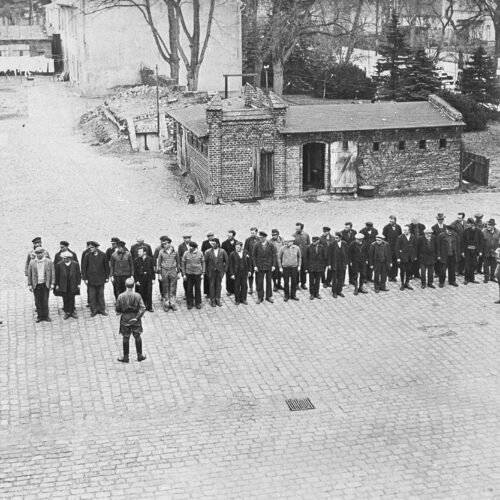
The Rockefeller Foundation’s Refugee Scholar Program
Saving scholars threatened by Nazis was not easy, but choosing which ones to save was even more difficult.
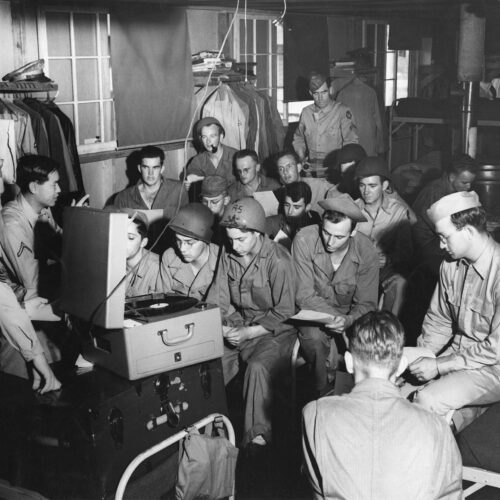
World War II & the Rockefeller Foundation
Saving threatened scholars and confronting a dramatically changed world.
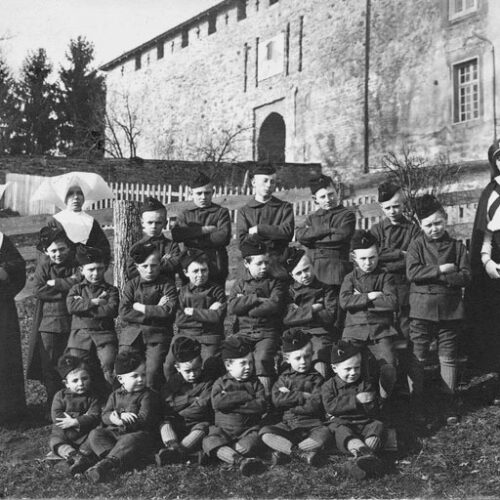
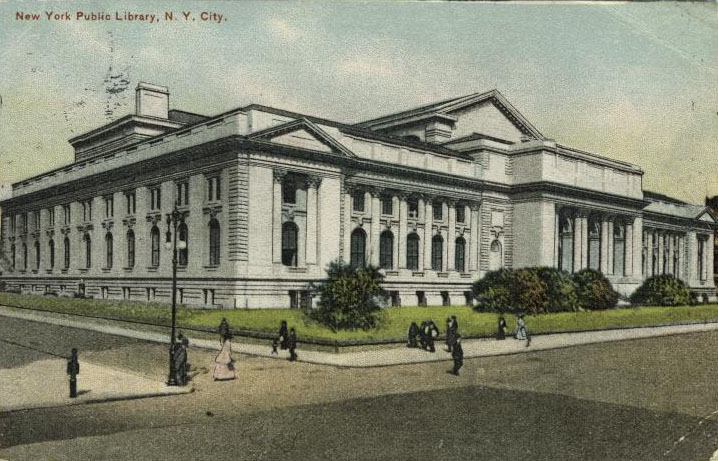

“Distasteful Regimes”: Authoritarianism, the Ford Foundation, and Social Sciences in Brazil
When the restrictive military regime that had taken power in Brazil in 1964 became even more repressive by 1969, staffers at the Ford Foundation found themselves facing a conundrum.